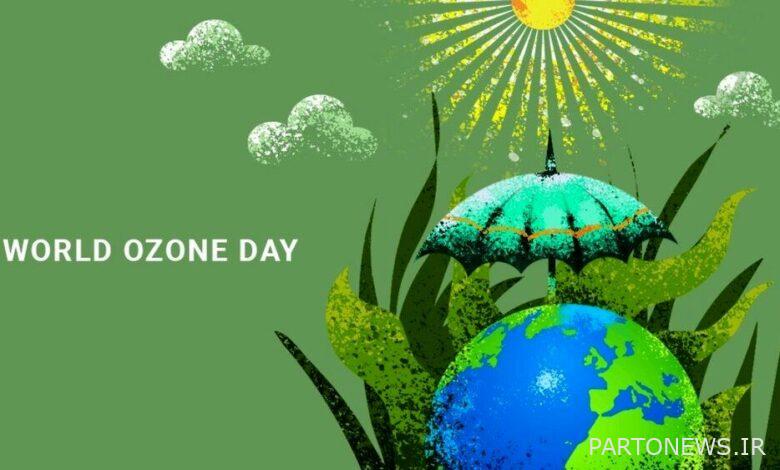Oppressive sanctions have made it difficult to implement environmental treaties/repair the ozone layer by 2066

According to the reporter of Moj news agency, a webinar on the protection of the ozone layer was held this morning. In this meeting, Dr. Iraj Heshmati; deputy the environment A person from the Environmental Protection Organization stated: Today is the 36th anniversary of the adoption of the Montreal Protocol, which is the most successful environmental treaty in the world to protect the ozone layer. Today, the global effort and participation, while emphasizing the restoration of the ozone layer in nearly four decades and the removal of ozone-destroying chemicals in various sectors, is aimed at reducing climate change.
Referring to the use of harmful ozone gases in cooling systems, he said: “The earth is changing, and for this reason, mankind needs cooling and air conditioning systems in all dimensions, but the growth of the use of these devices must be achieved by finding safe and compatible alternatives.” with the ozone layer and increasing the efficiency of these devices.
The Vice President of Human Environment of the Environmental Protection Organization considered the Kigali Amendment as an opportunity to improve energy efficiency in the cooling sector and use new technologies and added: The Montreal Protocol through the Kigali Amendment reduces the consumption of hydrofluorocarbons, which slows down global warming. follows It is expected that with the adoption of the Kigali Protocol by the countries by the year 2100, the global warming of half a degree Celsius will be prevented.
He emphasized: We hope that the Kigali Amendment will be implemented in our country in order to keep pace with the international community and that we can take greater steps to reduce greenhouse gases and control climate change.
Heshmati added: The restoration of the ozone layer is on the right track, and based on studies, it is expected that its level in Antarctica will return to the level of 1980 by 2066, which is very valuable.
He said: In addition to eliminating harmful gases, Iran has also reduced the import of hydrocarbons by more than 35% by 2020, and by 2025, this import reduction will reach 67 and a half percent. Today, 34 years have passed since Iran joined the Vienna Convention, the Montreal Protocol, in these years 9800 tons of ozone-depleting substances have been destroyed through the transfer of new technologies and monitoring of industrial and service units, etc.
The Vice President of Human Environment of the Environmental Protection Organization stated that the cruel sanctions against our country have made it difficult to implement international obligations, and said: These sanctions have affected our country in all economic, social, environmental, mental health, health and… It has an impact and its implementation is against the international commitments of countries to protect the environment and sustainable development.
Heshmati pointed out: If countries cannot easily access new environmentally friendly technologies and materials, it is not possible to fulfill obligations, but nevertheless, according to the country’s policies, relying on domestic power and proper management, we not only overcame sanctions, But a brighter perspective is also waiting.

